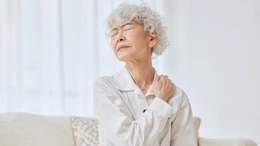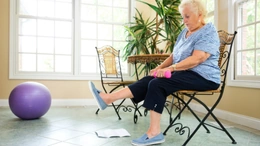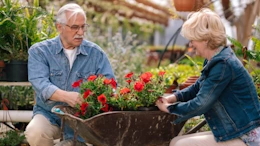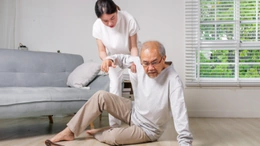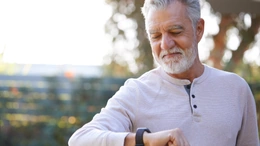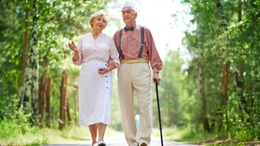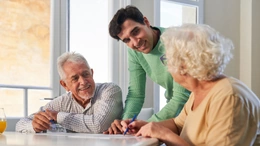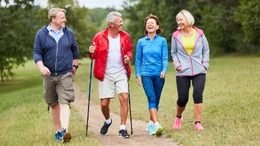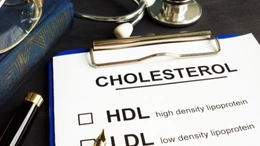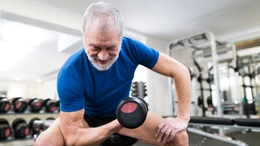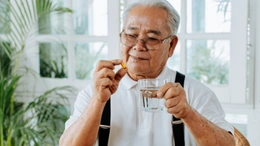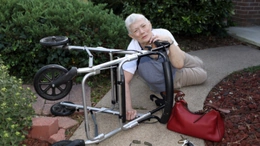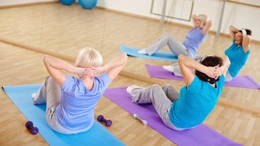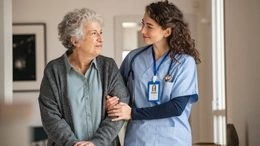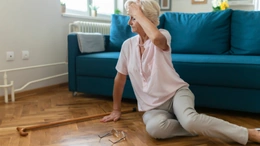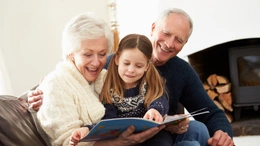Senior Safety: Practical Tips To Prevent Accidents And Promote Independence
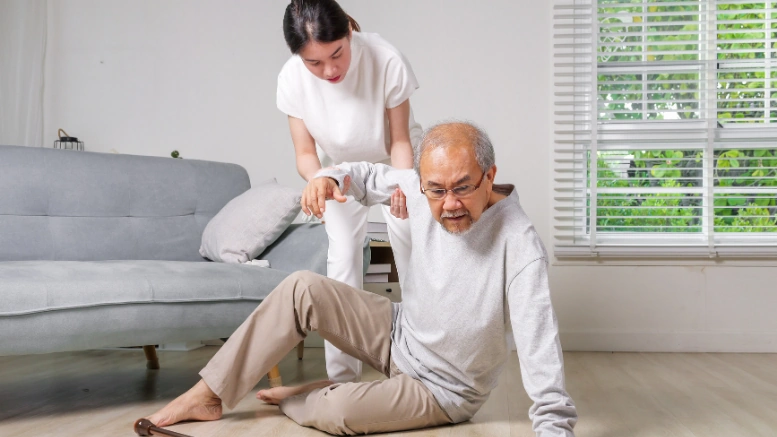
Aging brings wisdom, experience, and often, a desire to live independently for as long as possible. However, it also introduces new safety challenges that can impact a senior’s well-being. From falls and medication errors to scams and fire hazards, there are many risks that can be minimized with the right precautions. Senior safety is not just about preventing accidents—it's about maintaining dignity, independence, and peace of mind.
Whether you are a senior yourself or a caregiver for an aging loved one, understanding the most common risks and how to prevent them is the first step toward safer living.
Understanding Common Risks Facing Seniors
As we age, our risk of injury increases due to a combination of physical changes, health conditions, and environmental factors. Some of the most common dangers for seniors include:
- Falls due to balance issues, poor lighting, or tripping hazards
- Medication errors such as missed doses or dangerous drug interactions
- Fire hazards related to cooking, heating, or electrical equipment
- Scams and fraud, particularly over the phone or internet
- Driving accidents related to vision loss or slowed reaction time
The good news is that most of these risks can be reduced with some simple, proactive steps.
Fall Prevention: The Top Safety Priority
According to the CDC, one in four Americans aged 65+ falls each year. Falls are the leading cause of injury-related hospitalizations among seniors.
How To Prevent Falls:
- Install grab bars in bathrooms and stair railings on all staircases.
- Remove clutter, loose rugs, and cords that could cause tripping.
- Improve lighting throughout the home, especially in hallways and bathrooms.
- Wear supportive shoes and avoid walking in socks or slippers on slick surfaces.
- Use mobility aids such as walkers or canes as needed.
- Exercise regularly to improve balance and strength.
Medication Management
Taking multiple prescriptions is common among older adults. However, forgetting a dose or mixing incompatible medications can lead to serious health issues.
Medication Safety Tips:
- Use a pill organizer with daily compartments.
- Set reminders on your phone or a medical alert device.
- Have a pharmacist review all medications for potential interactions.
- Maintain an up-to-date medication list and share it with caregivers and healthcare providers.
Fire And Electrical Safety
Many seniors live alone and cook for themselves, which increases the risk of kitchen fires or electrical issues.
Fire Safety Tips:
- Never leave cooking unattended.
- Install smoke and carbon monoxide detectors, and check batteries regularly.
- Keep fire extinguishers in the kitchen and near bedrooms.
- Avoid using space heaters or extension cords with multiple appliances.
Scam Awareness And Financial Protection
Unfortunately, seniors are often targeted by scammers due to perceived vulnerability. These scams can lead to financial loss and emotional distress.
Ways To Stay Protected:
- Be skeptical of unsolicited phone calls or emails asking for personal information.
- Never send money to someone you haven’t met in person.
- Shred sensitive documents before disposal.
- Sign up for the National Do Not Call Registry.
- Consider appointing a trusted family member to help monitor financial activity.
Safe Driving For Seniors
Driving represents freedom, but it’s important to regularly assess whether it’s still safe to be behind the wheel.
Driving Safety Tips:
- Get regular vision and hearing check-ups.
- Avoid driving at night or in poor weather if it makes you uncomfortable.
- Consider refresher driving courses designed for seniors.
- Know when it’s time to transition to alternative transportation options like rideshare apps or senior shuttle services.
Emergency Preparedness
Every senior—especially those living alone—should have a clear emergency plan in place.
Be Prepared By:
- Keeping a list of emergency contacts near the phone.
- Wearing a medical alert device for fast help if needed.
- Having a go-bag with medications, ID, and basic supplies in case of evacuation.
- Making sure someone checks in regularly—whether it’s a family member, neighbor, or caregiver.
Conclusion
Senior safety isn’t about removing freedom—it’s about creating a secure environment that supports independence and peace of mind. By addressing potential risks early and making thoughtful changes at home, seniors can continue to live fulfilling, active lives on their own terms. Whether it's fall prevention, fire safety, or scam protection, a little preparation can make a big difference. Every step taken toward a safer environment is a step toward greater confidence and well-being.




